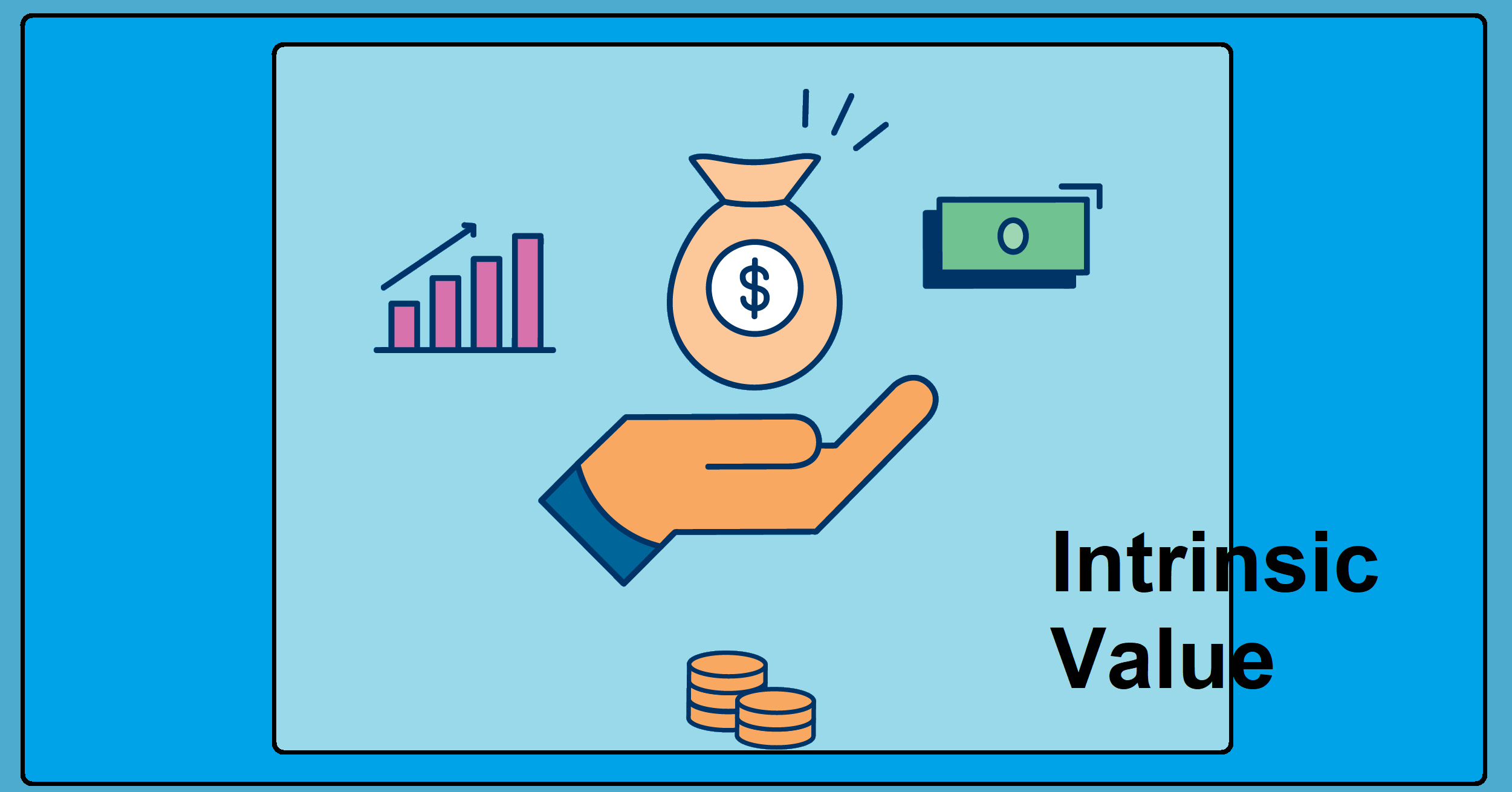A situation that arises when a party to a contract or transaction has more information about it than the other party/ parties. For example, in a buyer-seller interaction, sellers usually have more information about many aspects relating to the object of sale and market circumstances than buyers. This has the effect of skewing the price to the advantage of sellers.
By nature, credit markets experience imperfections due to the existence of information asymmetry (also known as asymmetric information). Lenders might not have access to the necessary information relating to the price of loans, which would increase the borrowers’ riskiness (measured in credit risk or probability of default). As a result, lenders incur additional costs for evaluating applicant, setting safe ones apart from risky ones. These additional costs increase the transaction costs associated with the loan. According to the lemons problem, this situation results in the so-called adverse selection: higher costs of borrowing might induce selection of risky borrowers as safe borrowers might be discouraged from applying for loans on the grounds that their low riskiness doesn’t justify imposition of a high interest rate. A lender ends up extending loans to high risk borrowers who are still willing to apply, no matter the rate.
The situation of information asymmetry is also referred to as information failure.






